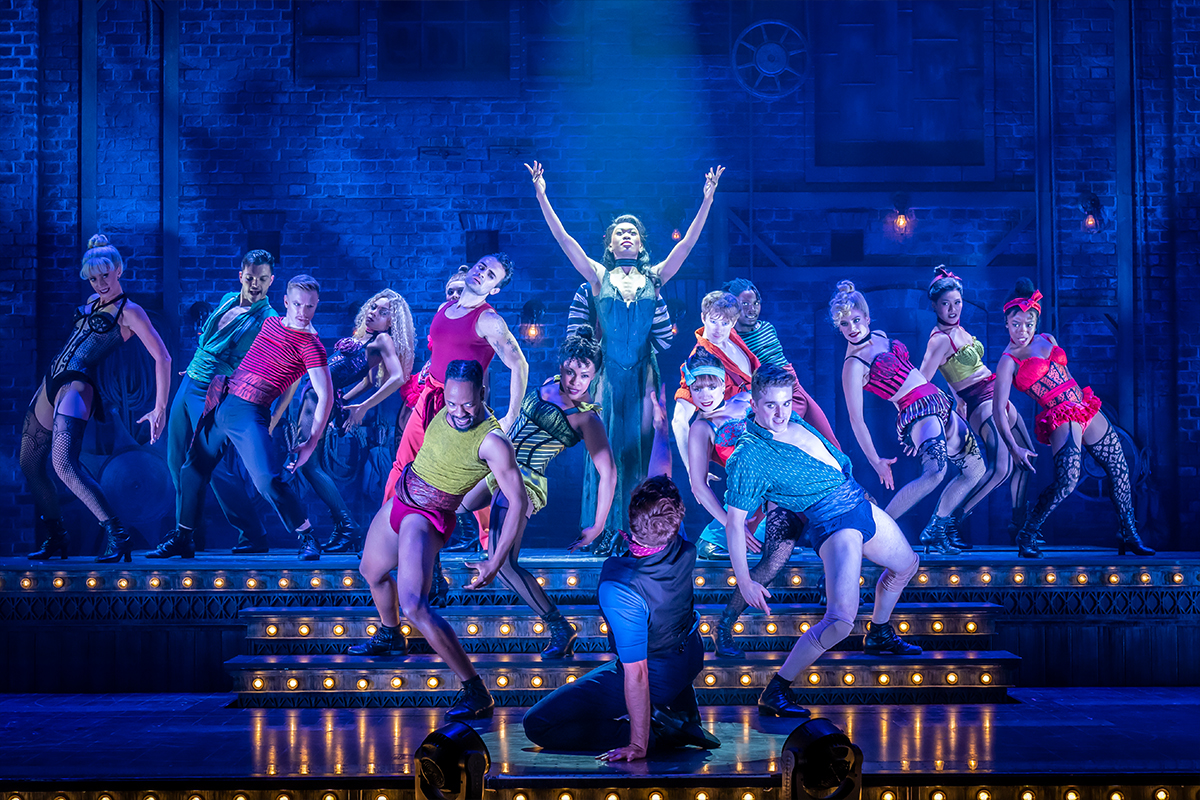Caligula
slithering body with a head that spits. Cca-ligula.
A good subject, then, but a badly chosen route into the
material undermines German composer Detlev Glanert’s project. In opting to follow Albert Camus’ play Caligula rather than tailoring history to his own art form Glanert has steered his talents into a blind alley, since the source text is already so magnificently operatic that his music can do nothing but gild its poisoned lily.
The score is rich in variety and colour, redolent of Berg
and Henze at times and making striking use of dark brass and timpani, but there are cheap effects too; amplified heartbeats and gothic organ chords are the shock-tools of schlock film-makers, not serious composers.
Glanert is well served by the English National Opera
Orchestra on sizzling form under the young conductor Ryan Wigglesworth, and by an impeccable cast and chorus, but the performers’ collective excellence only
serves to point up the music’s limitations. With exceptions (a rich a capella choral setting of “You are a sick, bewildered fish”, for instance, strikingly represents the worm in Caligula’s brain), Glanert’s inspiration
is confined to the pit. Most of the time it’s the musicians who get the red meat, leaving the singers to gnaw on melodic left-overs.
Twelve months ago the Australian director Benedict Andrews staged a memorable version of Monteverdi’s The Return of Ulysses for ENO at the Young Vic. He is less convincing on this occasion
in updating another tale of ancient times to the modern era, even though parallels with the vicious antics of contemporary despots are irresistible.
There is the whiff of cliché about most of what happens on designer Ralph Myers’s yellow football terraces: the ghost of Caligula’s dead sister/mistress Drusilla (Zoe Hunn) haunts the entire evening, a naked bride
who walks sexily between rows of seats (no sunken-cheeked wraith, she, notwithstanding a textual reference to that effect in Amanda Holden’s excellent translation). As for the party hats, body-bags and teeth-‘n’-smiles high-kick dancers, these are ideas by Ken Russell out of Dennis Potter, and far from accentuating the horror of a tyrant’s reign they trivialise it.
Peter Coleman-Wright, though, is electrifying as Caligula. He inhabits the character’s irrational threats and unhinged cruelty to chilling effect, as appalling when kitted out in mucky underwear or full drag as when
intimidating his would-be conspirators. He puts Glanert’s demanding score across with unhesitating conviction, as indeed do Christopher Ainslie as his trusted aide, Helicon, and the ear-catching Carolyn Dobbin as his brave young
antagonist, Scipio.
Disappointingly absent from the spiralling madness is the
notorious Senator Incitatus, but with Rupert still tied up at Covent Garden (for Falstaff) this is Caligula without the Horse. Anyway, one equine scene-stealer per London season is probably enough. A fine quartet of conspirators, Julia Sporsén, Brian Galliford, Eddie Wade and Pavlo Hunka, more than compensates for his absence: they show individuality and presence in
blending craven obsequiousness with abject terror before eventually finding the courage of their convictions. As for Yvonne Howard as the Emperor’s loyal but doomed wife Caesonia, whenever she appears her regal presence illuminates the nightmare world.
– Mark Valencia










